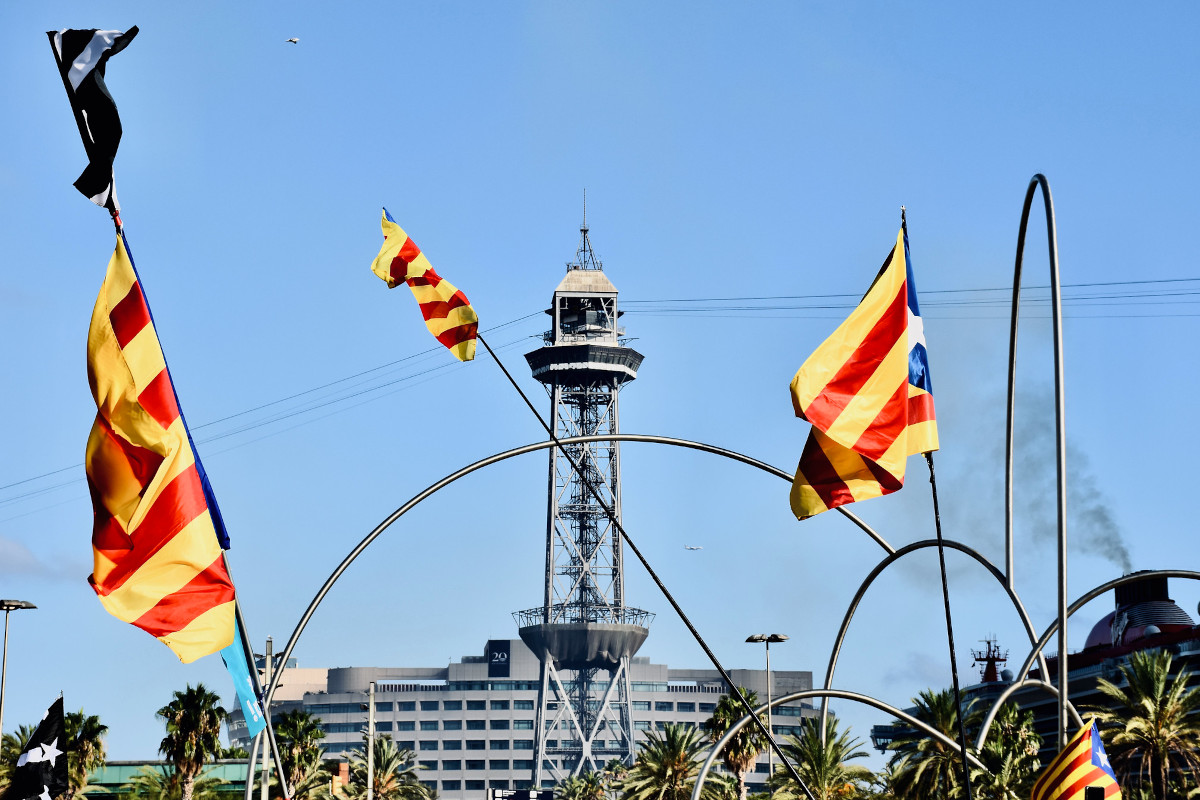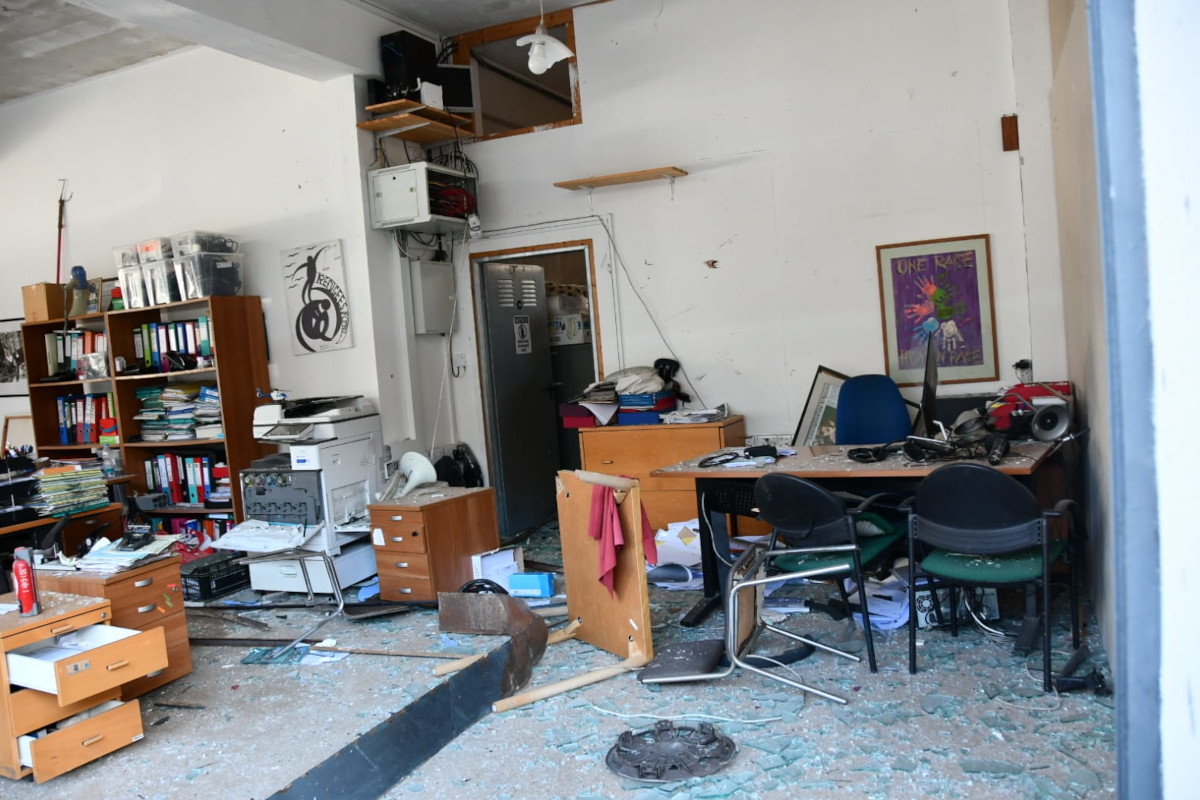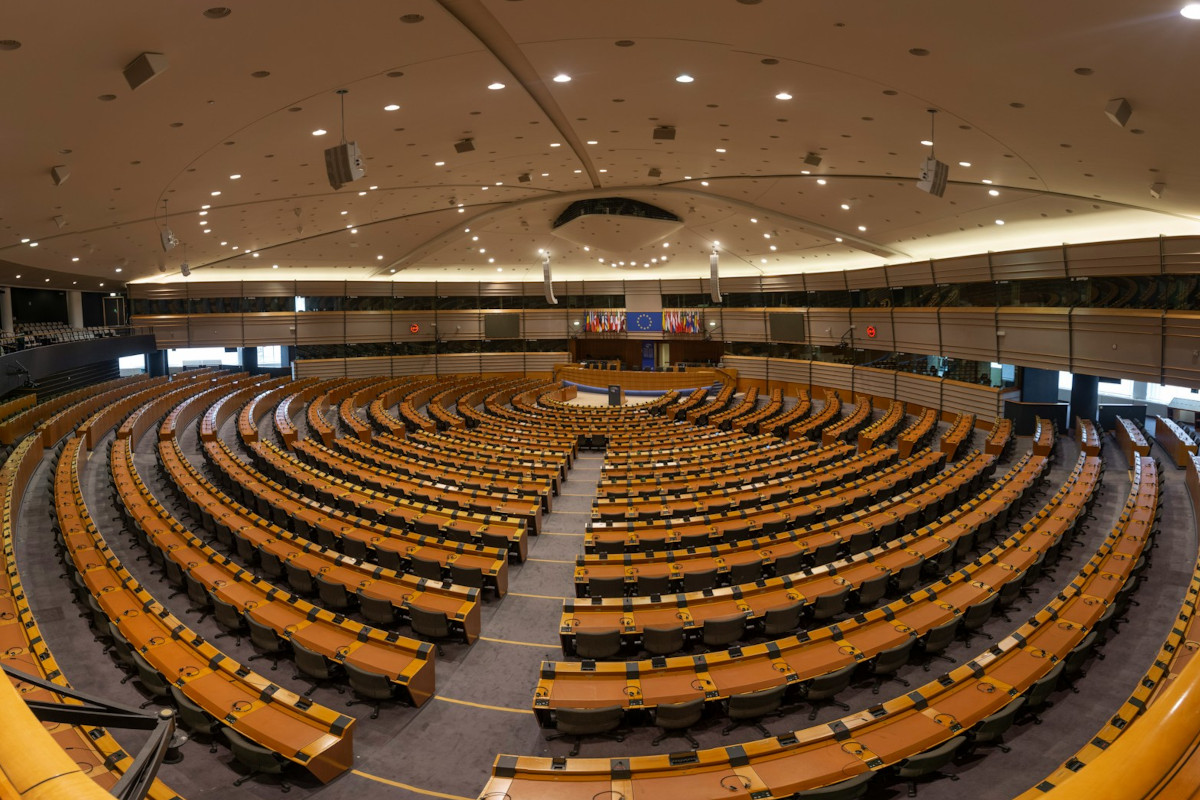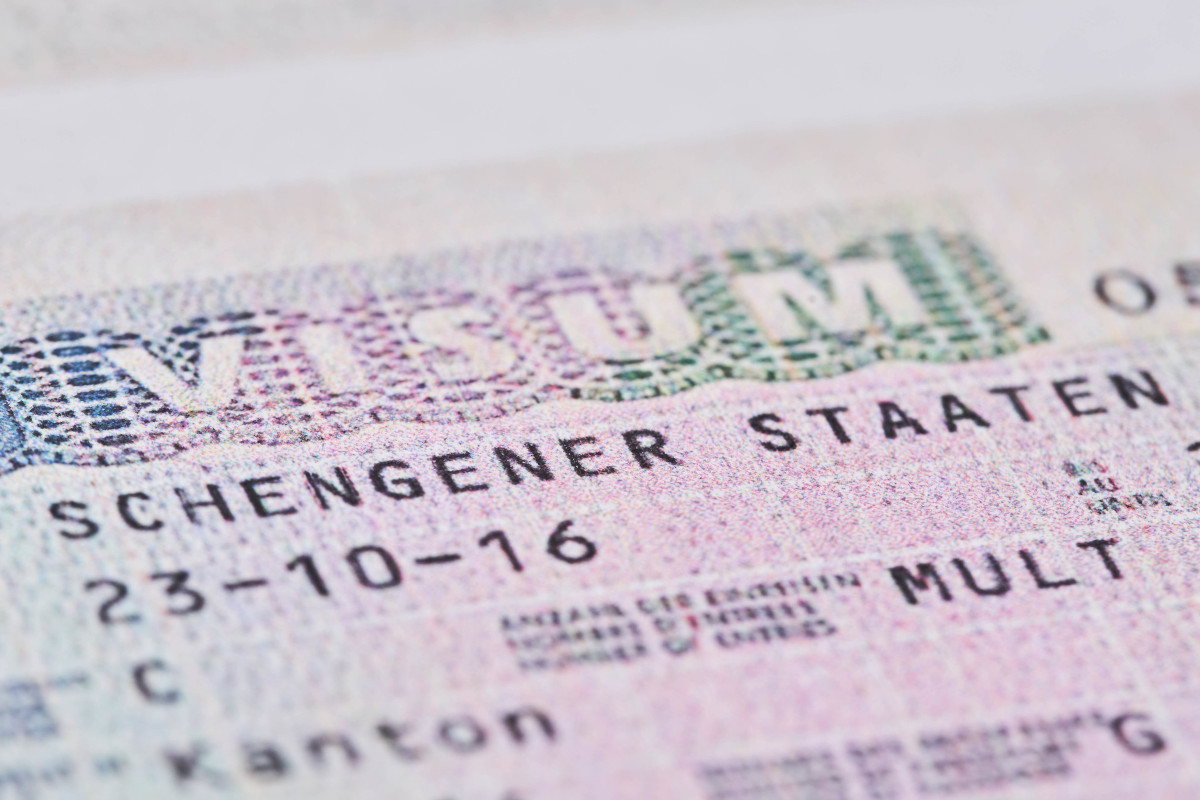February

UK: Law changes will make it harder to hold police to account for illegal data access
An office for West Yorkshire Police, based in Leeds, has been convicted of breaches of the Computer Misuse Act 1990, after using police databases to search for information on people she knew with no legitimate reason. The case highlights the risks posed by forthcoming changes to UK data protection law.

Spain: Terrorism charges against protesters undermine "international human rights and democratic standards"
A letter signed by 20 organisations from across Europe, including Statewatch, calls for the dropping of terrorism charges filed by the Spanish authorities against 12 protesters. The 12 face the charges for organising a blockade of Barcelona's El Prat airport and the motorway at La Jonquera, near the border with France, in protest at the jailing of Catalan independence leaders. "The misuse of the accusation of terrorism is unjustifiable," the letter says. It goes on to say that it undermines "international human rights and democratic standards" and "has a chilling effect on civic engagement."

Racial profiling and "internal pushbacks" in new Schengen borders legislation
Statewatch is publishing the final compromise text of the revised Schengen Borders Code, which is due for adoption soon by the Council and the Parliament. The text has been heavily criticised for encouraging racial profiling through the increased use of police patrols and checks at internal borders in the Schengen area, as well as legitimating "internal pushbacks", with the aim of avoiding the full-blown reintroduction of internal border controls.

Civic space in Cyprus must be protected
KISA is a Cypriot NGO that works for "an all-inclusive, multicultural society, free of racism, xenophobia and discrimination," that has been the subject of ongoing and worsening attacks from the authorities and far-right groups. The most extreme such attack came on 5 January, when a bomb set off outside KISA's office broke all the windows, and destroyed much of the equipment and the organisation's archives. In response, over 40 organisations from across Europe, including Statewatch, are calling on Cypriot and European authorities to take action to condemn the bombing, launch an investigation, and halt the attacks upon KISA.

MEPs can still halt the EU's harmful migration pact, say civil society groups
On 14 February, MEPs in the European Parliament's civil liberties committee will vote on the legislation that makes up the EU's Pact on Migration and Asylum, following political agreement between parliamentarians and EU member state representatives in December. A statement signed by more than 80 civil society organisations, including Statewatch, calls on MEPs to vote against rules that will have "devastating implications for the right to international protection in the bloc and greenlights abuses across Europe including racial profiling, default de facto detention and pushbacks."

Italy: Trento council fined for illegal AI video and audio surveillance projects
Last month, the Italian privacy authority fined Trento city council €50,000 for the deployment of two artificial intelligence-driven urban surveillance projects that violated data protection rules. The two projects, which were funded by the EU, were accompanied by a third research project that avoided sanction from the privacy authority, as no data processing has so far taken place under its auspices.

Deportations: EU considers stepping up visa sanctions after Iraq and Gambia change policies
Iraq and The Gambia have both been targeted with EU visa sanctions due to non-cooperation on deportations, and it seems the measures – or the threat of them – may have led to a new willingness to accept deportation flights from EU states. The instrument was first introduced in 2019, and was first applied to The Gambia in 2021. Now member states are discussing the way ahead for the visa sanctions regime, which may see more threats levelled at third countries deemed insufficiently cooperative with EU deportations.

New powers for Europol: proposal gets frosty reception from member states
At the end of November the Commission proposed expanding Europol’s powers, in the name of fighting migrant smuggling. Member states have started discussing the proposal in the Council. Written comments obtained by Statewatch suggest that the plans have not been well-received in national capitals.

Palestine: 300 academics call for halt to EU research funding that violates international law
Almost 300 academics from universities across Europe and beyond have called for the EU to stop funding research projects "that may, directly or indirectly, violate international law and human rights," in particular with regard to substantial research funding the EU provides to institutions in Israel.

Tarajal border deaths: 11th March for Dignity demands justice as new lawsuit opened
Last Saturday, the 11th 'March for Dignity' took place in Ceuta, marking the killing of 14 people who died by drowning on 6 February 2014 after being pushed back by Spanish border guards, tear-gassed and fired upon with rubber bullets. A fresh lawsuit against Spain was recently filed at the UN by one of the survivors.

No real safeguards for new Europol data powers, says data protection authority
A new proposal to enhance the powers of Europol and to strengthen its cooperation with Frontex in the name of fighting migrant smuggling falls short of respecting data protection and fundamental rights standards, according to the European Data Protection Supervisor (EDPS).
Spotted an error? If you've spotted a problem with this page, just click once to let us know.